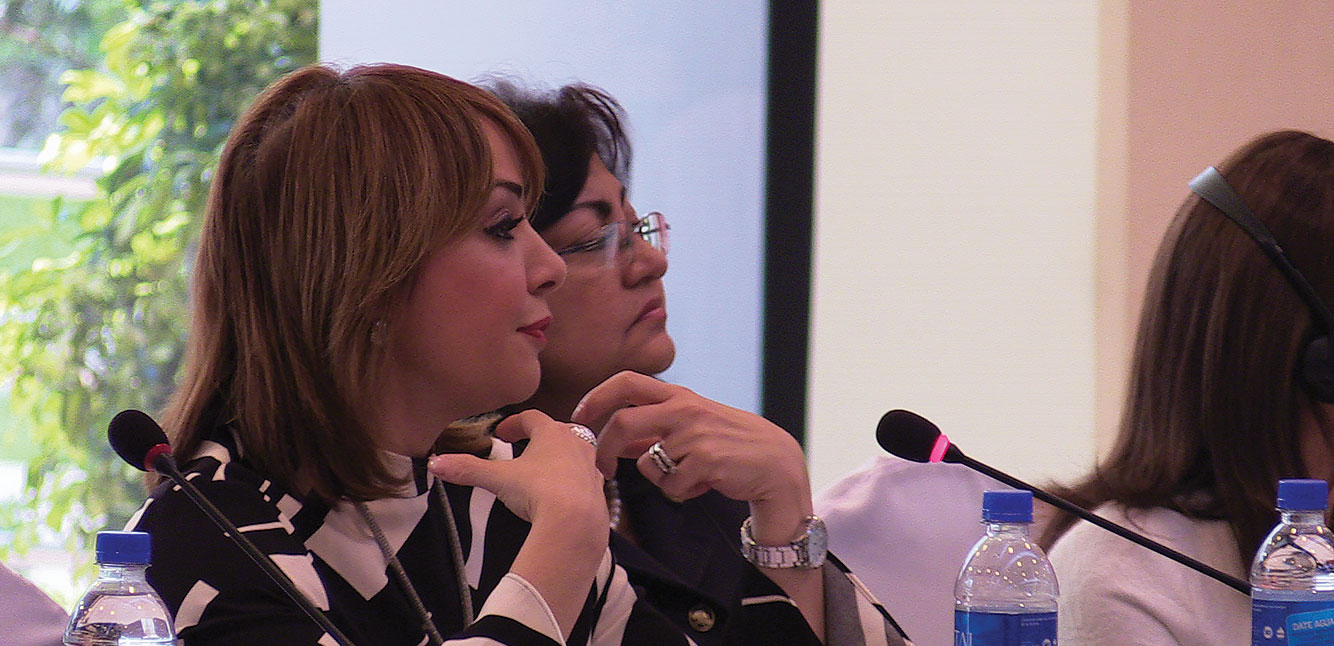Increasing violence in Guatemala, Honduras, and El Salvador—known collectively as the “Northern Triangle” of Central America—poses a serious challenge to the rule of law and threatens the foundation for lasting prosperity in those countries. Much of that violence stems from the activities of criminal gangs, or maras, whose members number in the tens of thousands in each of Guatemala, Honduras, and El Salvador. This gang violence is intimately connected to a lack of educational opportunities for young people, as gangs often prevent young people from accessing schools and make schools unsafe environments for those who do access them. In addition, gang violence affects women and girls disproportionately in the Northern Triangle, where gangs often treat women as property and female homicide rates are among the highest in the world. Problems such as the absence of formal governance in some areas, government collusion with criminal groups, and corruption have led to low levels of trust in state institutions. A lack of employment opportunities, particularly for young people, exacerbates problems with the rule of law in the Northern Triangle, and many young people see criminal groups as the only viable source of income. As a result of the rampant violence, lack of educational and employment opportunities, and low confidence in state institutions, large numbers of people have chosen to leave El Salvador, Guatemala, and Honduras to seek better lives elsewhere.
Enduring Prosperity and the Rule of Law for the Northern Triangle: Symposium Final Report

Rule of Law Collaborative
